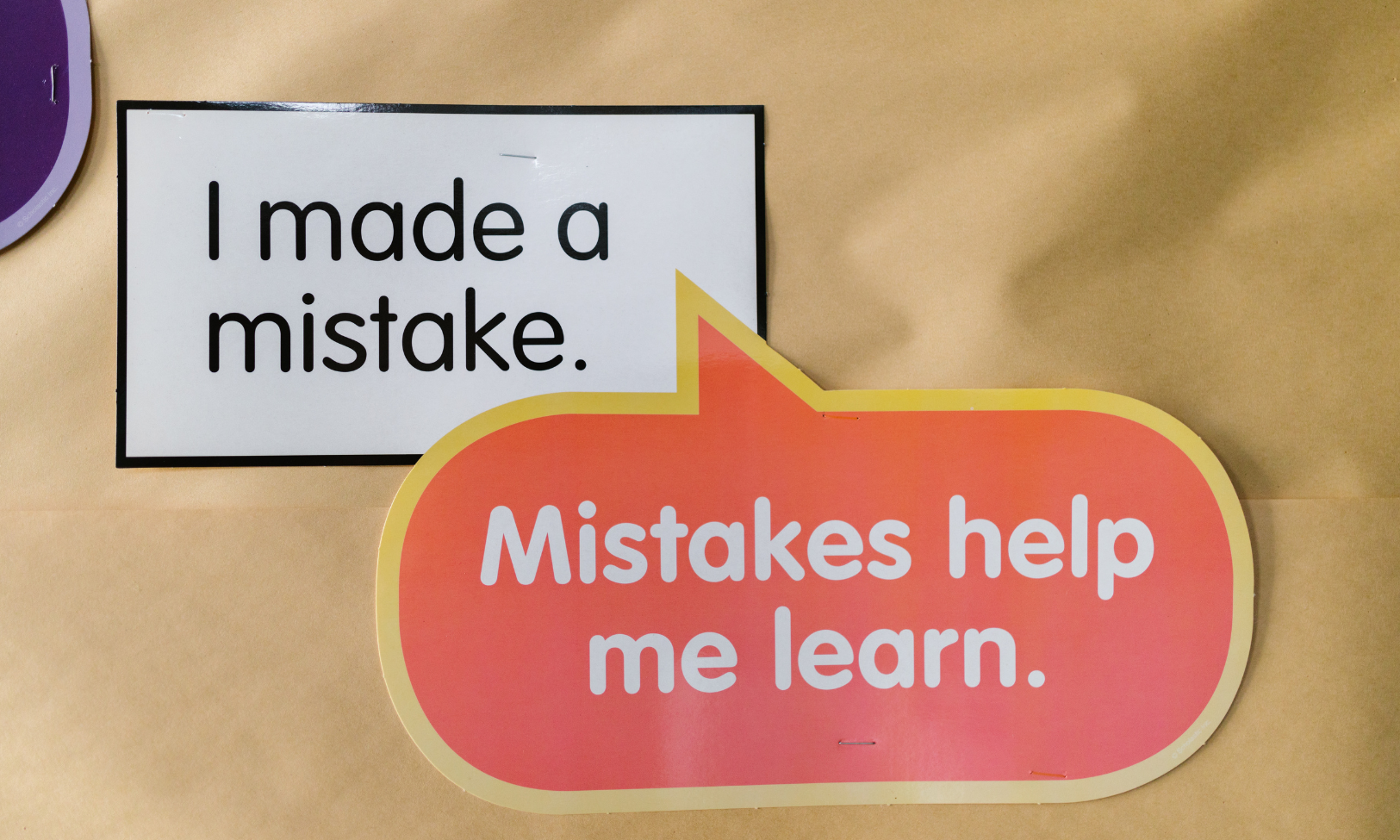Common Keyword Research Mistakes and How to Fix Them
Keyword research is the foundation of any successful SEO strategy. It helps you understand what your audience is searching for and how to create content that meets their needs. However, even experienced marketers can make mistakes when conducting keyword research. These mistakes can lead to poor SEO performance, wasted resources, and missed opportunities.
In this blog post, we’ll explore common keyword research mistakes and provide actionable tips on how to fix them. By avoiding these pitfalls, you can improve your SEO strategy and achieve better results.
Why Keyword Research Matters
Keyword research is crucial because it helps you:
- Understand Your Audience: Keywords reveal what your audience is searching for and the language they use.
- Improve SEO: Targeting the right keywords helps your content rank higher in search engine results.
- Drive Traffic: Keywords attract organic traffic to your website.
- Enhance Relevance: Using relevant keywords ensures your content aligns with your audience’s needs.
By conducting thorough keyword research, you can create a content strategy that drives results and keeps your audience engaged.
Common Keyword Research Mistakes and How to Fix Them
1. Ignoring Search Intent
Mistake: Focusing solely on keyword volume without considering the intent behind the search.
Why It’s a Problem: Keywords with high search volume may not always align with your audience’s needs. For example, the keyword “apple” could refer to the fruit or the tech company, leading to irrelevant traffic.
How to Fix It:
- Understand Search Intent: Identify the intent behind the keyword (informational, navigational, or transactional).
- Create Intent-Driven Content: Write content that aligns with the user’s intent. For example, if the intent is informational, create a how-to guide or tutorial.
- Use Tools: Use tools like Google Keyword Planner and Ahrefs to analyze search intent.
2. Overlooking Long-Tail Keywords
Mistake: Focusing only on short, high-volume keywords and ignoring long-tail keywords.
Why It’s a Problem: Short keywords are often highly competitive and difficult to rank for. Long-tail keywords, on the other hand, have lower competition and higher intent, making them easier to rank for and more likely to convert.
How to Fix It:
- Target Long-Tail Keywords: Focus on long-tail keywords that are specific and relevant to your niche (e.g., “best running shoes for flat feet”).
- Use Tools: Use tools like Ahrefs and SEMrush to identify long-tail keyword opportunities.
- Create Comprehensive Content: Write in-depth guides and articles that target long-tail keywords.
3. Neglecting Competitor Analysis
Mistake: Failing to analyze your competitors’ keywords and strategies.
Why It’s a Problem: Without understanding what your competitors are doing, you may miss out on valuable keyword opportunities and struggle to outrank them.
How to Fix It:
- Analyze Competitors’ Keywords: Use tools like Ahrefs, SEMrush, or Moz to identify the keywords your competitors are ranking for.
- Identify Gaps: Look for keywords that your competitors are ranking for but you are not.
- Create Better Content: Write content that outperforms your competitors’ content in terms of quality and relevance.
4. Over-Optimizing for Keywords
Mistake: Stuffing your content with keywords in an attempt to rank higher.
Why It’s a Problem: Keyword stuffing can lead to penalties from search engines and a poor user experience.
How to Fix It:
- Use Keywords Naturally: Include keywords naturally throughout your content, without overloading it.
- Focus on Quality: Prioritize creating high-quality, engaging content that provides value to your audience.
- Use Synonyms and Related Keywords: Use synonyms and related keywords to avoid repetition and improve readability.
5. Ignoring Local SEO
Mistake: Failing to target location-specific keywords if you have a local business.
Why It’s a Problem: Local SEO is crucial for businesses that serve a specific geographic area. Ignoring local keywords can result in missed opportunities to attract local customers.
How to Fix It:
- Target Local Keywords: Use location-specific keywords (e.g., “best coffee shop in New York”).
- Optimize for Local Search: Claim and optimize your Google My Business listing.
- Create Local Content: Write blog posts and articles that target local audiences.
6. Not Updating Keyword Research
Mistake: Conducting keyword research once and never revisiting it.
Why It’s a Problem: Search trends and user behavior change over time. Failing to update your keyword research can result in outdated strategies and missed opportunities.
How to Fix It:
- Regularly Update Keyword Research: Conduct keyword research regularly to stay updated on the latest trends.
- Monitor Performance: Use tools like Google Analytics and Ahrefs to track your keyword rankings and adjust your strategy as needed.
- Stay Informed: Keep up with industry news and updates to stay ahead of the competition.
7. Focusing Only on High-Volume Keywords
Mistake: Prioritizing keywords with high search volume without considering their relevance or competition.
Why It’s a Problem: High-volume keywords are often highly competitive and difficult to rank for. They may also attract irrelevant traffic.
How to Fix It:
- Balance Volume and Relevance: Focus on keywords that have a balance of search volume, relevance, and low competition.
- Target Niche Keywords: Identify niche keywords that are specific to your industry and audience.
- Use Tools: Use tools like Ahrefs and SEMrush to find keywords with the right balance of volume and competition.
Actionable Tips for Effective Keyword Research
- Use the Right Tools: Use tools like Ahrefs, SEMrush, and Google Keyword Planner to conduct your keyword research.
- Focus on Relevance: Only target keywords that are relevant to your niche and audience.
- Analyze Competitors: Regularly analyze your competitors’ keywords to stay ahead.
- Monitor and Adjust: Regularly track your keyword rankings and adjust your strategy as needed.
- Stay Consistent: Keyword research is an ongoing process that requires patience and consistency.
Keyword research is a critical component of any successful SEO strategy. By avoiding common mistakes and implementing the fixes outlined in this blog post, you can improve your keyword research and achieve better SEO results.
Remember, keyword research is an ongoing process that requires regular updates and adjustments. Start implementing these strategies today, and you’ll be well on your way to achieving your SEO goals.




